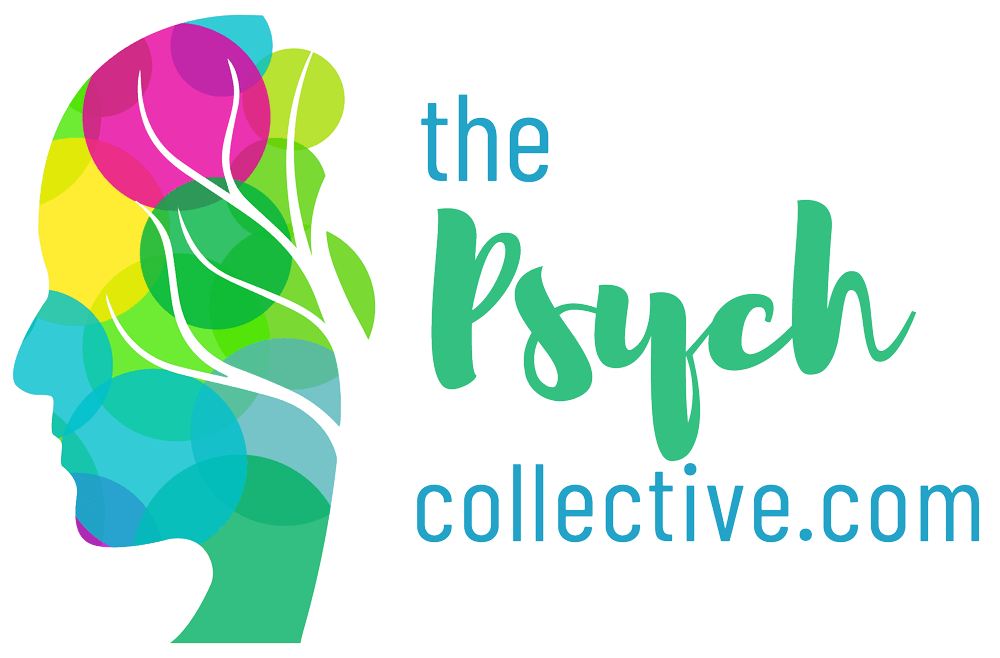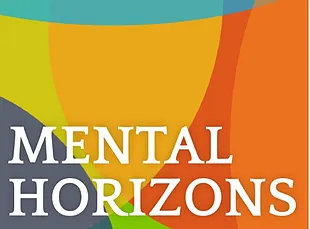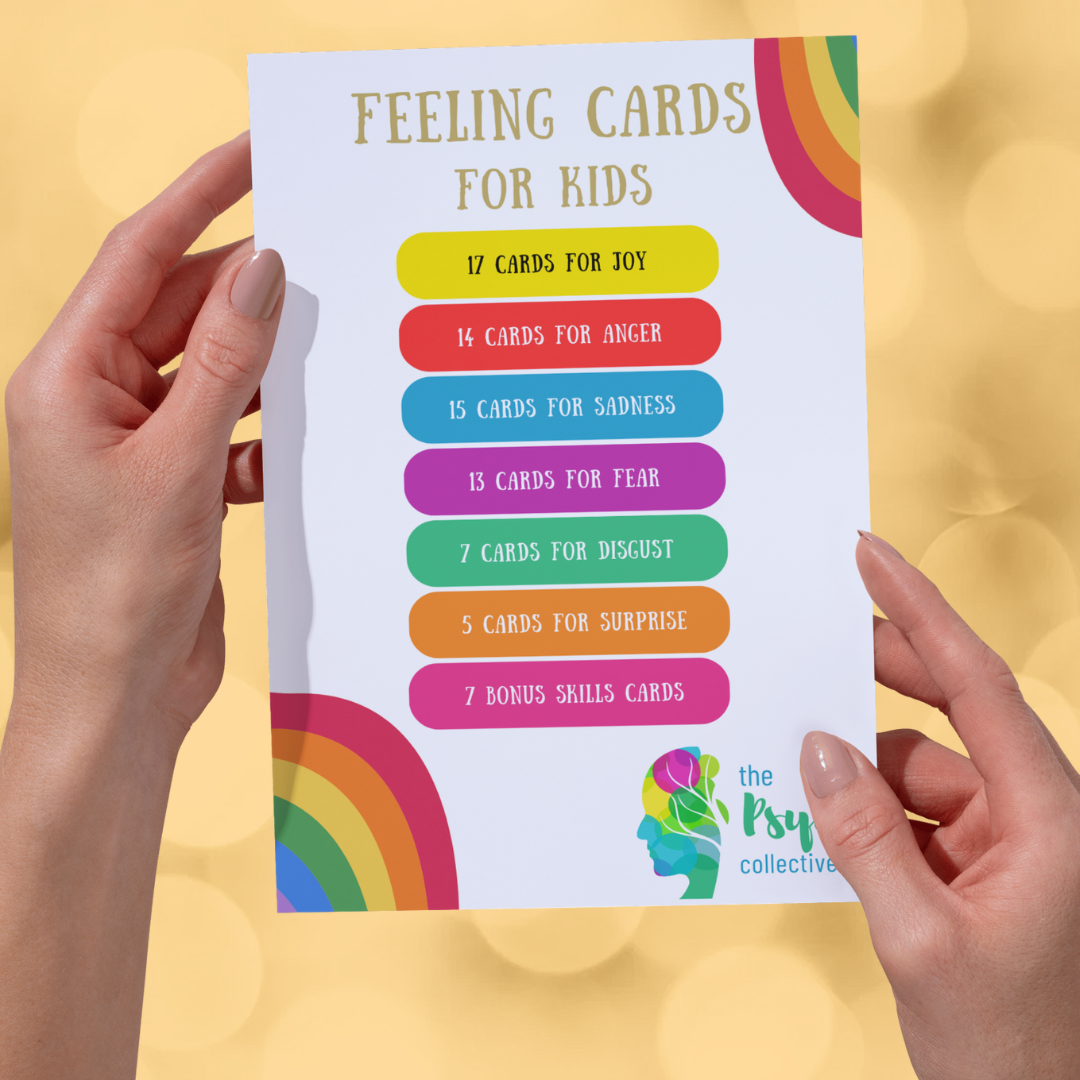Nutritional Psychiatry
What is Nutritional Psychiatry?
At The Psych Collective, we define nutritional psychiatry as “the manipulation/optimisation of diet and/or nutritional supplementation with the aim of improving mental health outcomes”.
To some a nutritional approach is an alternative to conventional psychiatric treatment, to others it’s used in addition to standard treatments, to others it’s seen as rubbish. I’ve been surprised to find trials of various supplements to be advantageous in some conditions. Usually the numbers of people in these trials are quite low, so the quality of the evidence is generally not great.
Some specifics:
Dietary excesses: some posit that sugars, simple carbs, grains and in some cases dairy are potentially problematic for some people. Usually the mechanisms are thought to involve gut permeability or inflammation or both. Some people have issues with lectins, some with glutens, etc. an elimination diet is probably a reasonable way to get to the bottom of this, if it applies. See below for the link to our video on this.
Ketosis: there is increasing understanding that ketosis might be helpful in some cases of bipolar disorder and schizophrenia. See below: Is the ketogenic diet new therapy some type of schizophrenia?
Gut Biome: Some feel that various foods may detrimentally (or beneficially) affect gut flora. The literature on this is very messy. Some advocate probiotics/prebiotics. It seems it’s mostly trial and error, but trial and error is common with meds too.
Dietary deficiencies: some posit that the modern diet is low in essential nutrients such as omega 3 fatty acids & zinc and they suggest repletion with supplements. Some feel that the reference ranges used in blood testing don’t reflect the ideal ranges. The evidence is mostly anecdotal, there are cases of severe B12 deficiency correction resolving depression.
Some supplements like Magnesium Diglycinate seem clinically to be very helpful for some people with sleep problems even without obvious deficiency.
Metabolic issues: processes such as methylation are thought to be affected by common gene polymorphisms and supplements such as SAMe, creatinine or various methylated B vitamins are sometimes suggested. Again it seems to be largely trial and error.
Chronic inflammation: inflammation in acute situation is usually helpful. But chronic inflammation is often harmful and might even drive some autoimmune issues to be worse than they might be otherwise. Elimination diets might help reveal if someone has a sensitivity from foods. Others recommend supplements like Theracurmin for their purported anti-inflammatory effect. Targeted and safe interventions which reduce chronic inflammation are probably helpful for anyone with chronic inflammation.
Drug issues: some are intolerant to medications or simply favour alternative treatments. Some feel that some drugs deplete some nutrients and recommend supplementation in that basis (eg. CoQ10 with statins, controversial).
If people have severe mental illness which is stable on medications, then stopping meds might be a nightmare, no matter what the nutritional changes are. If a nutrition intervention helps, that’s great. Any adjustments to medications would require great caution and input from a professional, especially in severe mental illness as a relapse of a major illness can be a disaster.
Mostly improving nutrition will be helpful for everyone’s health, in some cases it might be very impactful but it’s not a panacea.
Sugar and Mental Health
Sugar and foods that cause elevations in blood sugar can affect our sensitivity and even make anxiety and panic symptoms worse. Persistently elevated blood sugar in the long term results in insulin resistance which can affect concentration, memory and enjoyment.
Is the ketogenic diet new therapy some type of schizophrenia?
Not yet, but it might prove to be. Understand that the normal brain can burn two fuels, either glucose (a process called glycolysis) or ketones. In diets with >40g of sugar/carbs a day (most people) ketone blood levels are negligible in most circumstances. Ketogenic diets and ketone supplements greatly increase blood ketone levels (ketosis).
So, the brain can be fuelled with glucose or with ketones. Ketones are usually only available if there is a short supply of glucose (from sugars or carbs).
The rationale for the therapeutic use of ketosis comes from some studies that suggest a road block to glucose utilisation in some schizophrenic brains (and possibly some bipolar brains too). For the nerds among us: Evidence in schizophrenia, such as their dorsolateral prefrontal cortex (DLPFC) having reduced expression of enzymes/systems involved in glucose metabolism in the brain in schizophrenia (eg the glycolysis enzymes including hexokinase & phosphofructokinase and other glucose relevant systems such as the transporters GLUT1 and GLUT3). Further evidence of glycolytic problems in schizophrenia is suggested by reduced presence of pyruvate and NADPH (glycolysis end products) in the thalamus of schizophrenic patients and from the greater levels of lactate in DLPFC. Taken together these suggest problems with glucose brain energy metabolism (glycolysis) might play a role in some cases of schizophrenia.
If a glucose energetic roadblock contributes to some cases of schizophrenia, can ketosis bypass these energetic roadblocks? Ketosis essentially bypasses glycolysis. So if glycolysis is impaired, then ketone utilisation might serve as an alternate fuel source. We only have case study data (about a dozen people), but it’s very suggestive that sustained ketosis for at least two weeks can improve symptoms in some people. Those patients who benefit relapse when they drop out of ketosis (by eating carbs). The downsides are difficulty sticking to such a low carb approach and the main side effects is body fat loss.
Ketosis is helpful in other neurological conditions including epilepsy, ALS and Alzheimer’s disease.
Could ketosis prove to be a viable treatment for some cases of schizophrenia? Time will tell. There seems to be no harm in trialling nutritional ketosis and potentially a lot to gain. A month or two in nutritional ketosis should clarify if it’s going to help. This raises the question about the therapeutic use of exogenous ketones (ketone containing supplements) in schizophrenia.
The above is condensed/simplified from a review by Sarnyai et al (2019) in Current Opinion in Psychiatry.
Click for the link to the original source: Ketogenic diet for schizophrenia: clinical implication.
Nutritional Psychiatry
Mental Horizons: Episode 27
Nutritional Psychiatry is an emerging field where the focus is on understanding the link between food and mental health. Gut health and inflammation influence symptoms of mental illness. This podcast interviews Dr Georgia Ede, Nutritional Psychiatrist from Harvard University who explains how to change your diet for better mental wellness.
Share
Categories
About Our Resources
We offer actionable resources and teach real skills to help people make meaningful change in managing mental health issues through different modes depending on people's learning preferences including infographics, text, worksheets, handouts and video.













